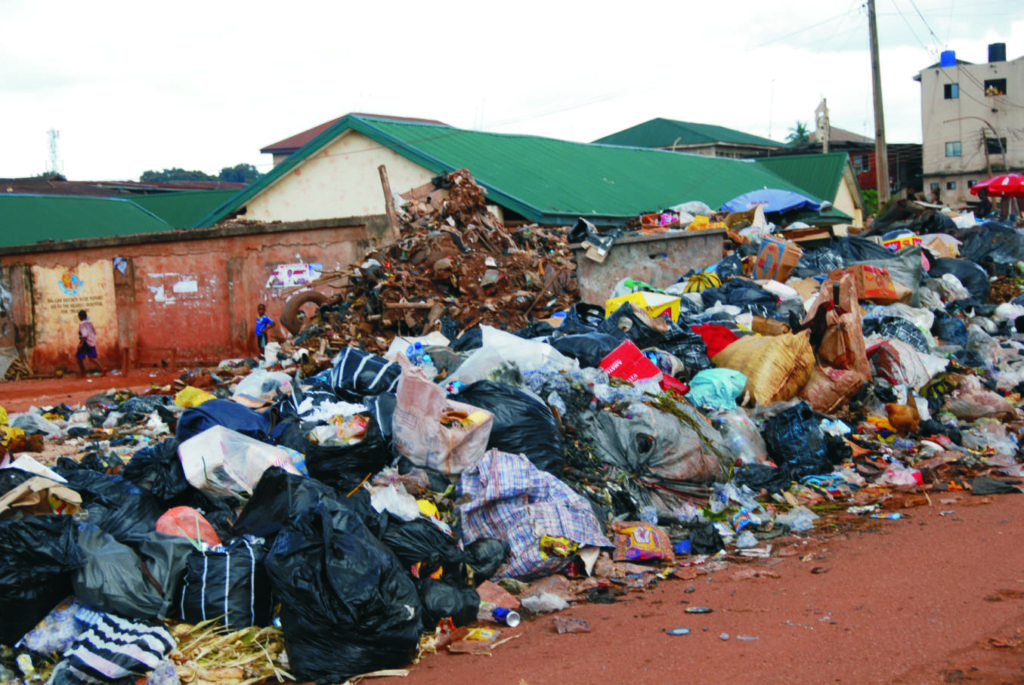An expert in waste management, Mrs Sade Nubi, has called on women at various levels to embrace and invest in the waste management business to add value to their livelihood.

Nubi, an engineer with Works and Physical Planning Department of the University of Lagos (UNILAG), made the call in an interview with the News Agency of Nigeria (NAN) Lagos on Wednesday, February 20, 2019.
“I would gladly say yes, women can partake in waste management business.
“It is not a business only for men; women can partake and even be more successful because it deserves attention.
“The woman just needs to understand the business chain and decide what aspect she wants. Waste management business can involve collection and disposal, sorting, treatment (recycling).
“Presently we have women in the different sectors. Some women who can afford a compactor work with government under the PPP (Public Private Partnership) scheme.
“They collect waste from households, commercial areas and then dispose of at designated dumpsites or landfill,’’ Nubi said.
She also said that other women working on a smaller scale were mostly involved in recycling which include recycling of Polyethylene Terephthalate (PET), plastics, paper, cans, nylons, glass, textile and bricks, wood and metals.
The recycling involves sorting of waste at the dumpsite or buying already-sorted materials and then they bale and send to the bigger recycling companies.
Others add more value by washing, crushing and pelletising before selling to the companies needing for raw materials.
Nubi also said that more women were going into up cycling. We now find women who make great and beautiful furniture from old used tyres and other recyclable materials.
“I can proudly say I have been in the waste management business for over seven years by managing the University of Lagos waste and generating revenue from recycling. At our sorting centre, we have a ratio of one male to two females.
“Gender activities play an important role in environmental household waste management. The results also show that more women, rather than men, handle household waste.
“More women use the business to also support the family as waste recycling in Nigeria is an untapped business which is very viable and lucrative,’’ she said.
A kilogramme of polythene is sold for N30 to N50, depending on the location of supply.
Nubi advised that those interested could get registered, certified to be licensed and get permit.
By Okuanwan Offiong
